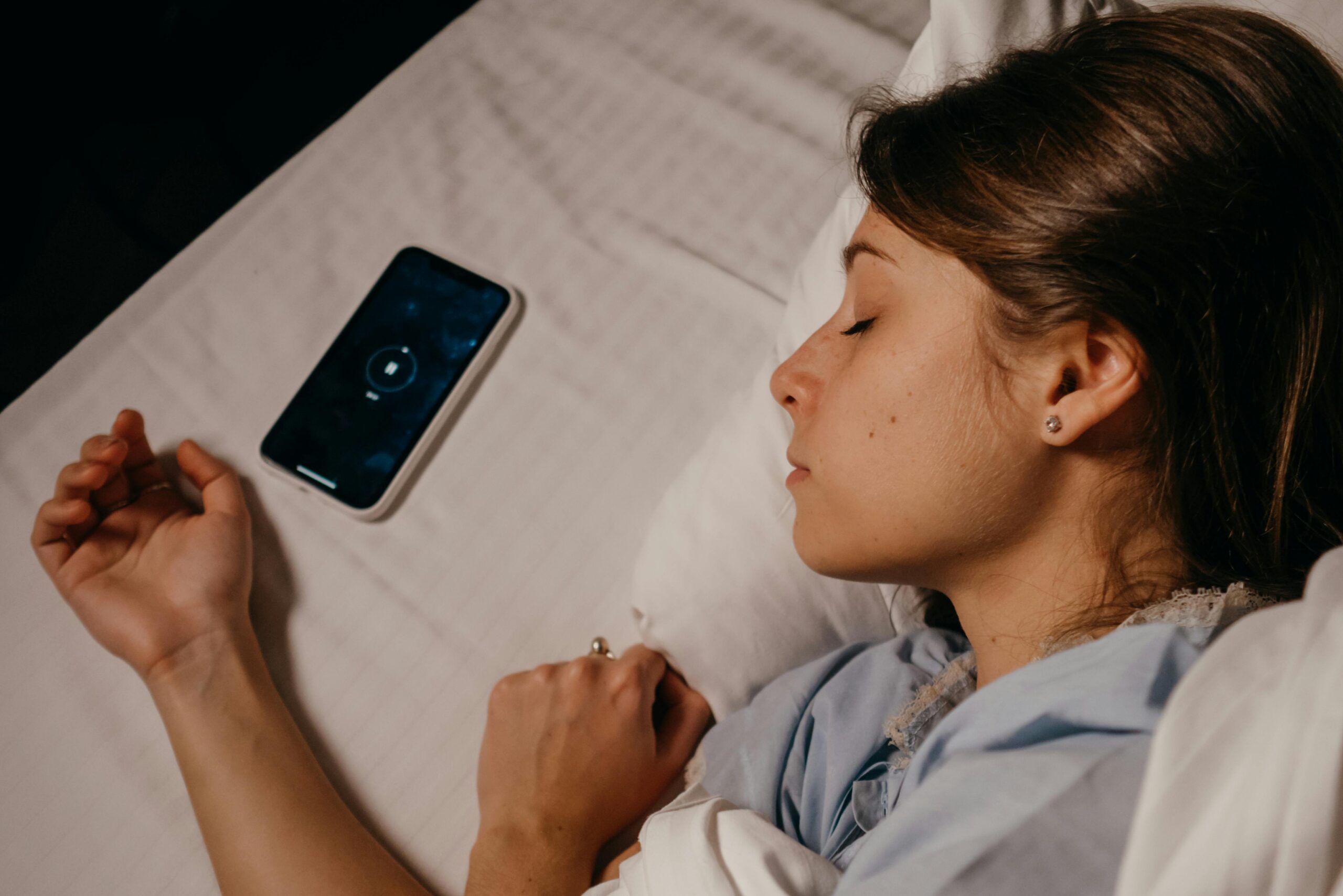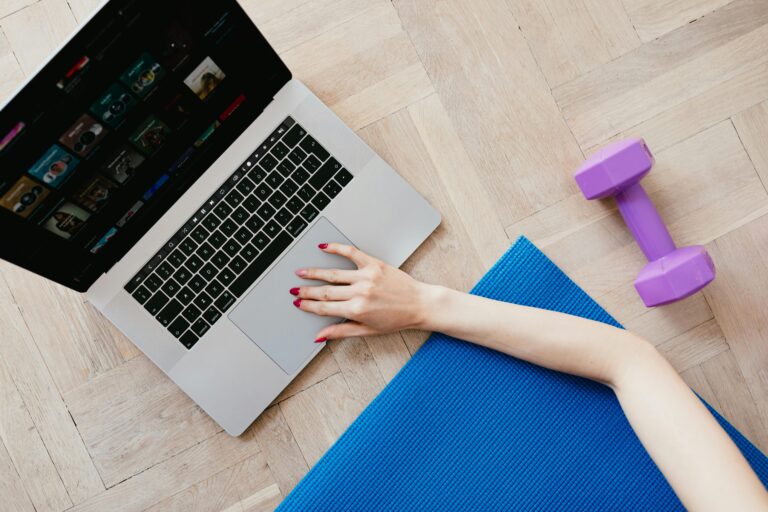In today’s hyperconnected world, technology is both a blessing and a curse. Our phones keep us informed, entertained, and connected — but they also keep us distracted, anxious, and mentally drained. From the constant pings of notifications to endless scrolling on social media, our minds rarely get a moment of rest.
That’s where a digital detox comes in. Simply put, a digital detox means intentionally taking a break from screens — whether it’s social media, emails, or binge-watching shows — to recharge your mind and body. Even a few hours of unplugging can reduce stress, improve focus, and restore balance in your life.
The Mental Toll of Constant Connectivity
Before we dive into the benefits of unplugging, let’s look at how excessive screen time impacts our mental health:
- Information Overload: Constant exposure to news, posts, and notifications overwhelms the brain, making it harder to concentrate.
- Comparison Trap: Social media highlights the best parts of others’ lives, often leading to feelings of inadequacy or low self-esteem.
- Sleep Disruption: Blue light from screens suppresses melatonin, making it harder to fall asleep and stay rested.
- Chronic Stress: Being “always on” blurs the line between work and rest, leaving no time for mental recovery.
Over time, these effects can lead to burnout, anxiety, and even depression.
Why a Digital Detox Works
Unplugging allows your brain and body to rest from constant stimulation. Here’s how it improves mental health:
- Reduces Anxiety and Stress
Without the constant buzz of notifications, your nervous system relaxes. You stop reacting to external triggers and feel calmer. - Improves Focus and Productivity
A detox helps reset your attention span, making it easier to focus on one task at a time without distractions. - Boosts Mood
Disconnecting from social media reduces comparison and negativity, giving your mind space to experience gratitude and joy. - Restores Sleep Quality
Less screen time — especially before bed — means deeper, more restorative sleep. - Encourages Real-Life Connections
Time away from devices fosters face-to-face conversations, stronger relationships, and a sense of belonging.
Simple Ways to Start Your Digital Detox
You don’t have to quit technology completely to feel the benefits. Small, intentional steps can make a big difference:
1. Set “Screen-Free Hours”
Pick certain times of the day to unplug — for example, the first hour after waking up and the last hour before bed.
2. Create Tech-Free Zones
Keep devices out of the bedroom or dining area to promote better sleep and quality family time.
3. Turn Off Non-Essential Notifications
Silence social media, shopping apps, or news alerts that constantly pull your attention.
4. Replace Screen Time with Mindful Activities
Read a book, journal, go for a walk, or practice meditation. These activities calm the mind and nurture creativity.
5. Try a Weekend Digital Detox
Dedicate one day a week (or even a few hours) to be completely offline. Use the time to connect with yourself and loved ones.
Signs You Might Need a Digital Detox
- You check your phone within minutes of waking up.
- You feel restless or anxious when you can’t access social media.
- You scroll aimlessly, losing track of time.
- You struggle to focus on work or studies.
- You feel more tired even after “resting” with screens.
If any of these sound familiar, it’s time to step back and reset.
Final Thoughts
Technology isn’t the enemy — it’s how we use it that matters. A digital detox isn’t about rejecting devices completely; it’s about regaining control. By setting boundaries with technology, you give your mind the freedom to rest, recharge, and refocus.
Even a short daily detox can lead to better mental health, deeper relationships, and more mindful living.









